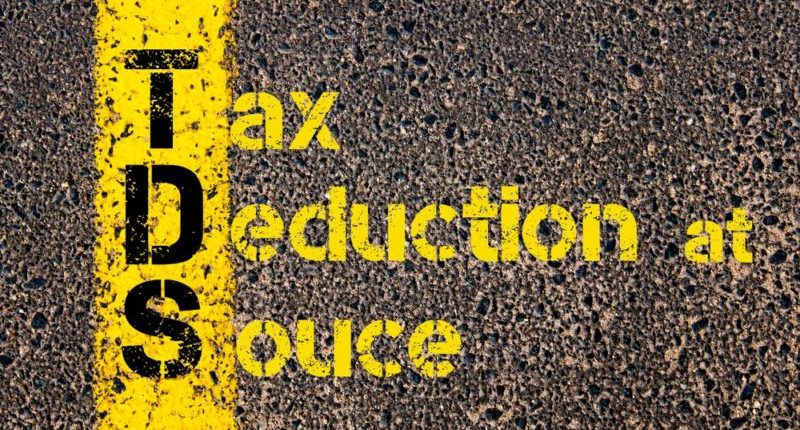The Finance Minister Nirmala Sitharaman made an important tax-related announcement in a press conference yesterday. To give more cash in the hands of taxpayers, she disclosed a rate cut of 25% on Tax Collected at Source (TCS) for specified receipts and Tax Deducted at Source (TDS) for non-salaried specified payments made to residents.
Nirmala Sitharaman stated that the reduced rates would be valid until 31 March 2021. As a result of the reduced rates, cash liquidity of Rs.50,000 crore will be induced into the economy. Experts expressed that they encourage the government’s move as the TDS and TCS rate cuts have the potential to cause a positive impact on the cash flow for deductor and deductee for the specified payments. It is observed that the government has taken a practical approach to solve the cash flow crisis.
Since business activities have taken a toll during the lockdown, cash flow has turned out to be the biggest issue. Taxpayers were also having a tough time as they had a fear of defaulting on tax payments, which results in having to take the burden of massive penalties. Due date extension is the only way to let them stay tax compliant and escape from the weight of huge penalties.
There were expectations for a higher rate cut to resolve the issue. However, the government has thought of an alternative where a longer period of rate reduction, i.e. until 31 March 2021, combined with a slightly lower rate cut to balance the equation. Alongside, the due date extension of various compliances is definite to provide additional relief to taxpayers in this situation.
Currently, the rate cuts will benefit the professionals, self-employed, and senior citizens who earn interest income and rental income. Looking at the rate reduction from another perspective, it will not have any impact on the ultimate tax liability of taxpayers.
Any deficit in the tax liability due to TDS/TCS rate reduction must be paid through advance tax instalments. Any shortfall in payment will attract interest under Section 234B and 234C. The first instalment of advance tax must be paid by 15 June 2020. Taxpayers must recalculate their advance tax liability to avoid interest payment.
Also Read: Aatma Nirbhar Bharat Abhiyan – Part 1 (Highlights)
Further, the due date extension for filing income tax returns and the tax audit report will give taxpayers more time to focus and revive their business rather than spending most of their time in collecting financial data to fulfil the compliance.
Here is the list of rate changes concerning TDS:

 Here is the list of rate changes concerning TCS:
Here is the list of rate changes concerning TCS:
 For any clarifications/feedback on the topic, please contact the writer at apoorva.n@cleartax.in
For any clarifications/feedback on the topic, please contact the writer at apoorva.n@cleartax.in





